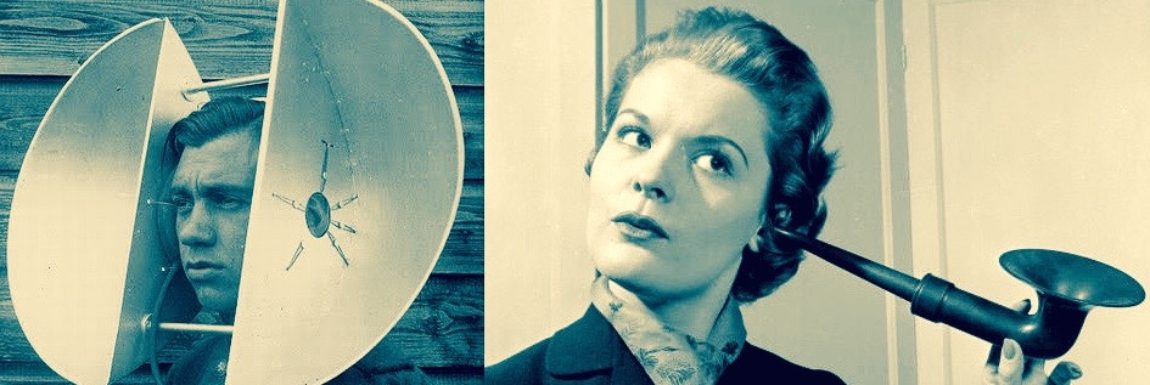
Loneliness, isolation, depression and cognitive decline. All of them have been linked to hearing loss and add up to a compelling reason to seek treatment. To learn more I consulted Dr. Archelle Georgiou, Chief Health Officer at Starkey.

There’s now considerable research into the link between hearing loss and cognitive decline. Can you give me a top line overview of what these studies show?
The research showing a strong association between hearing loss and cognitive decline continues to expand. Dr. Frank Lin and his team at Johns Hopkins have led these efforts over the last 10 years with research showing that hearing loss is an independent risk factor for dementia and is associated with an accelerated rate of cognitive decline. In fact, when compared to those without hearing loss, the risk of developing dementia doubles for older adults with mild hearing loss, triples with moderate hearing loss and is five times higher for those with severe hearing loss.
Are people with hearing loss more prone to clinical dementia?
Hearing loss is an independent risk factor for clinical dementia. In fact, The Lancet Commission on dementia prevention, intervention and care, published in 2020, identified 12 potentially modifiable risk factors responsible for 40% of dementia cases. Not only was hearing loss on the list, but hearing loss was the factor with the highest contribution to dementia risk.
What do you think are the factors that cause this?
The link between hearing loss and dementia is not clear, but there are several plausible theories that could explain it. One theory is that impaired hearing causes a shift in cognitive load – meaning, people with impaired hearing have to work harder to listen which takes brain power away from other tasks – including memory. A second theory is that the distorted sound perceived by the brain as a result of impairment may cause structural changes in how the brain is wired or may even cause brain damage. Yet another theory is that since people with hearing loss disengage in social conversations, they lose the cognitive function necessary to assess and interact with their environment. More research is needed to sort through these theories. We do know some MRI studies show that people with hearing loss are more likely to have brain volume loss, particularly in the temporal lobe, the area of the brain responsible for hearing.
My mother suffered from depression in her later years as her hearing declined to the point where it left her socially isolated. Is that sense of isolation and disconnection from people the main cause of depression in people with hearing loss?
Depression can have many underlying causes, so it’s difficult to know what the main cause was in your mother. However, it’s reasonable to assume that her hearing loss and the social isolation both contributed to her depression since studies show that hearing loss doubles the risk of depression. Additionally, 1 in 5 people with hearing loss suffer from loneliness.
Are there any other mental health issues connected with hearing loss?
Hearing loss doubles the risk of depression, and the risk increases in women. Hearing loss is also associated with anxiety, and in a study of more than 1,700 older adults, those with mild hearing loss had a 32% higher risk of anxiety, and those with moderate or higher loss had a 59% higher risk.
Of course, all this adds up to a compelling reason to treat HL. How beneficial are hearing aids and is there evidence to support their benefits?
There is good research suggesting that patients with hearing loss who wear hearing aids experience less cognitive decline than those who don’t wear hearing aids. Current research has not proven that hearing loss causes dementia or that hearing aids definitely delay or prevent cognitive decline. However, Dr. Lin’s group is in the midst of the ACHIEVE Study, a multicenter, randomized controlled trial involving over 850 patients. I am hopeful that the study results, due in 2022, will address these issues once and for all.
What advice would you offer friends and family?
The vast majority of people with hearing loss have not gotten treatment for many underlying reasons that range from denial, to fear of ageism, to cost, to believing that their hearing loss “is not that bad.” The best advice I can offer to friends and family is emphasizing to their loved one that hearing aids make communication easier, but they also have the potential to make the brain healthier and decrease the risk of dementia. I believe that if more people understood the silent value of hearing aids, there wouldn’t be as much resistance to them.

